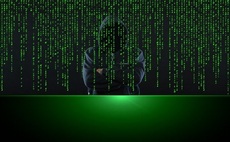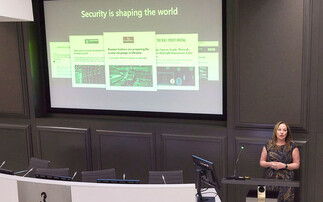Trail of attempted theft of almost $1bn from Bangladesh's central bank leads back to North Korea via Chinese middlemen, believe investigators
Federal prosecutors in the US are expected to implicate the North Korean government in last year's attempt to steal almost $1bn from Bangladesh Bank, the central bank of Bangladesh. The investig...
To continue reading this article...
Join Computing
- Unlimited access to real-time news, analysis and opinion from the technology industry
- Receive important and breaking news in our daily newsletter
- Be the first to hear about our events and awards programmes
- Join live member only interviews with IT leaders at the ‘IT Lounge’; your chance to ask your burning tech questions and have them answered
- Access to the Computing Delta hub providing market intelligence and research
- Receive our members-only newsletter with exclusive opinion pieces from senior IT Leaders





















